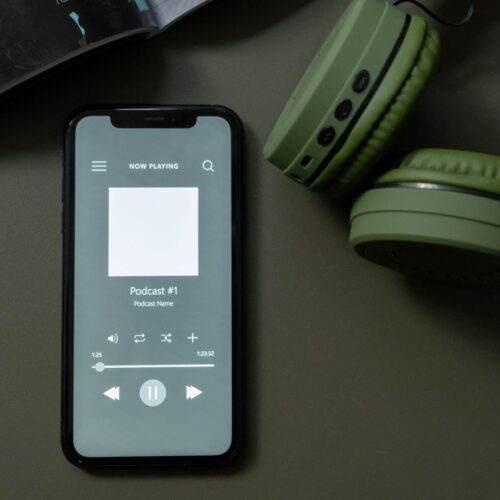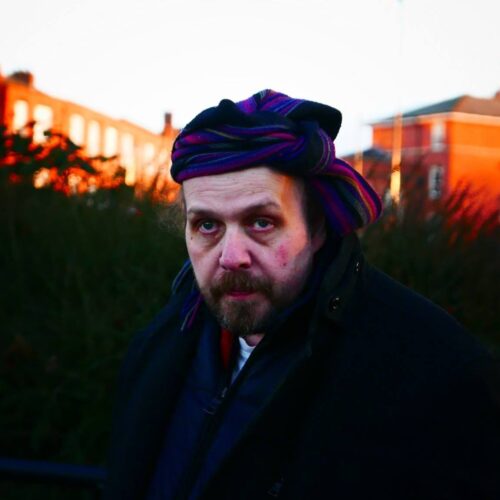
Getting your works performed 1: Starting Points
There comes a point in the life of most (if not all) composers, when the computer-generated realisation of their music is no longer enough, and some sort of contact with live performers is required.

- Employ some musicians.
- Go to a composer workshop, such as the one held recently at the OCA
- Enter a competition
- Send your work in to a call for scores
- Collaborate
- Publish
- Get commissioned
Let’s look at these one by one. Although they are all feasible options, some are more likely to succeed than others, particularly in the early stages of a composition career.
1. Employ some musicians: this may seem obvious, but if you want to guarantee being able to hear your music, the easiest way is to hire some instrumentalists. Some specialist new music performers will give consultation lessons to composers, on a one to one basis, to discuss the practicalities of a piece of music and may also be willing to record a demo version of the piece. Alternatively, you could get a group of freelance players together to rehearse and record. Be prepared to make the recording yourself (unless you also want to hire a recording studio) and to find a suitable venue. Consultation lessons can cost £50 per hour upwards, and expect to pay a minimum of £100 per player for a rehearse/record session of up to 3 hours. If you’re planning to spend your hard-earned cash in this way, I’d recommend always to use experienced contemporary music performers and to get the best you can afford. University or Music College students might be a cheaper alternative, but bear in mind that they might not necessarily have the relevant experience to make it worthwhile.
2. Composer workshop: These can be an excellent way to hear your music, as well as to make contact with other composers. Some contemporary music ensembles have a workshop programme, and there are a few residential holiday courses too. Hopefully there will be more OCA workshops in the future too!
3. Enter a competition: There are numerous competitions for composers, although many have specific requirements which may require composing a new piece specifically for the purposes of the competition. Be prepared to pay an entry fee, and look out for other specific requirements, such as upper age limits.
4. Enter a Call for Scores: Many ensembles will have a Call for Scores, outlining the type of works they are interested in receiving. Follow the guidelines carefully and be prepared not to hear anything back from the ensemble unless a performance opportunity arises. Some performers/ensembles will accept new works without a formal call for scores: my next blog will deal with this in more detail.
5. Collaborate: This is a potentially exciting area and one which can be enormously fulfilling, provided you find the right people to collaborate with. Look out for future blog posts on this topic!
6. Publish: For composers, a deal with a major publisher is generally a thing of fantasy, with only a few internationally renowned composers lucky enough to have such an honour. Self-publishing can be a useful alternative, provided you are prepared to do the work in terms of promotion. On-demand printing is becoming much more common, and some self-publishers will even sell PDF files online (although be careful with this, as it is much easier to email a PDF to someone than to make a photocopy, so you are much more likely to have your copyright breached if you choose this method of dissemination).
7. Get commissioned: Again, not to be the bringer of doom, but commissions are few and far between, especially in the current economic climate where arts funding is hard to come by. However, commissions tend to come through building a reputation and contacts. People need to hear your music before they will be willing to spend money on a new piece, so the first step is to build a network of contacts and find as many ways to promote your work as possible. Good luck!
Here are the main reasons why your works might not be performed:
1. Funding constraints
2. Doesn’t fit with the brief
3. Doesn’t fit with the programme theme
4. Technical problems within the composition
5. Stylistic reasons/taste/someone else was better
And finally, here are a couple of useful websites:
Sound and Music
Women in Music






I found that information very useful and will make a note of all the points you made.
I’m one of OCA’s creative writing tutors and I’m also a musician. I’d like to add some ideas:
1. Mention of some music I composed for a Sue Townsend play a while ago is on my website. When theatre companies Google for it, they find my site and contact me for copies, so if you have a website make the most of it.
2. A song I wrote and sent to Children in Need, was runner-up but as I’d paid for a good demo in a professional studio, I sent it to my local radio station. They liked it and played it with an interview – they were inundated with requests for it, mostly from school teachers. I made up a pack with manuscript, demo and words and the station sent them out for me. Make friends with your local radio station and keep them informed of all your activities. That goes for local newspapers and magazines.
3. Now I’ve joined a women’s performance choir. I asked if they would like to sing my song and we will be doing so at our next concert. One of the singers suggested I should send it to the Eurovision! I won’t comment on that but the thing is to get your music out there so that as many people as possible get to hear it. You never know who might be listening.
All the best.
Thanks Carla, this is very helpful advice. I have been thinking along the lines of point number one, that is, paying some musicians to make a professional recording. One thing I have been thinking is that there are websites where it is possible to raise money for arts projects, eg http://www.kickstarter.com/, I have not tried using this yet but it interests me.
But my next question is, once you have made a recording, what do you do with it then?
My colleague Jane Horton has drawn my attention to a new Call for Scores which could well be of interest to OCA music students. The closing date is 30th March 2012 so time is short if you’d like to take this up. The only caveat I can see is that composers have to have been born on or after 1st January 1974. Winners have their piece performed, are mentored by experienced composers, and could even have their work published by Peters.
For more information see: http://www.internationalcomposerpyramid.org/news/50-ICP%202012%20&%20Edition%20Peters
For the application form see: http://www.soundsnew.org.uk/download/callforscores_2012.pdf
It is irritating that there is the age limit. It seems like blatant ageism to me. Are older people not deemed to be capable of producing worthwhile compositions?